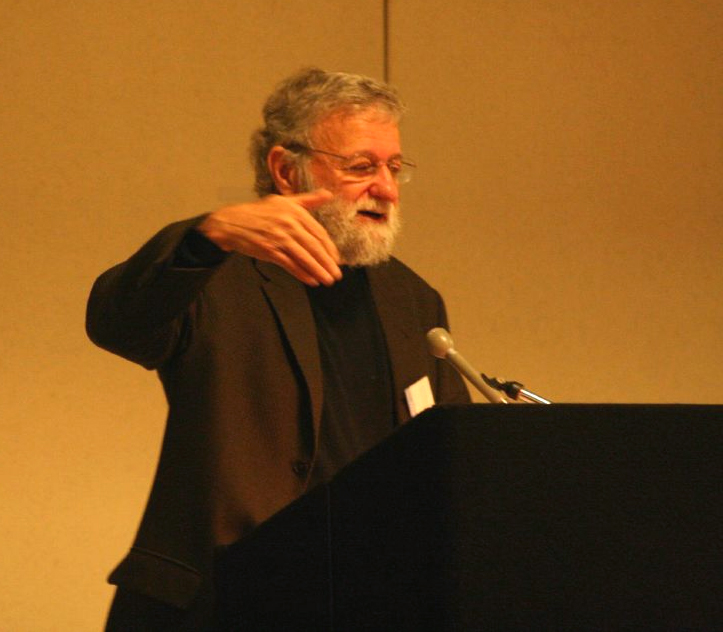“Great designers produce pleasurable experiences.”
The Design of Everyday Things
Donald A. Norman é professor emérito de ciência cognitiva na Universidade da Califórnia em San Diego e professor de ciência da computação na Universidade Northwestern, mas seus trabalhos de hoje são na maioria na engenharia de usabilidade. Também leciona na Universidade de Stanford e é um membro do corpo editorial da Enciclopédia Britannica.
Os primeiros livros de Norman lidam na sua maioria com usabilidade ou com psicologia cognitiva, mas Things That Make Us Smart também faz algumas observações de natureza crítica em relação à nossa sociedade, em particular Norman despreza a natureza sem conteúdo da televisão e as exposições ruins de museus
É um patrocinador do conceito de aparelho de informação, que abordou em seu livro The Invisible Computer.
Co-fundou o Nielsen Norman Group, um grupo de consultoria em assuntos de usabilidade que também inclui Jakob Nielsen e Bruce "Tog" Tognazzini. Norman atualmente divide seu tempo entre consultorias e como professor, ensinando e pesquisando em Northwestern e Stanford.
Wikipedia

“Great designers produce pleasurable experiences.”
The Design of Everyday Things
Introduction to the 2002 Edition, p. xi.
The Design of Everyday Things (1988, 2002)
Fonte: Emotional Design: Why We Love (or Hate) Everyday Things
Fonte: The Design of Everyday Things (1988, 2002), Ch. 6, p. 156.
Introduction to the 2002 Edition, p. ix.
The Design of Everyday Things (1988, 2002)
Fonte: The Invisible Computer (1998), Ch. 10
Fonte: The Design of Everyday Things (1988, 2002), Ch. 7, p. 216.
Fonte: The Invisible Computer (1998), Ch. 10
Fonte: The Design of Everyday Things (1988, 2002), Ch. 5, pp. 114–115.
Fonte: The Design of Everyday Things (1988, 2002), Ch. 6, p. 180.
Fonte: The Design of Everyday Things (1988, 2002), Ch. 6, p. 185.
Fonte: The Design of Everyday Things (1988, 2002), Ch. 6, p. 157.
Introduction to the 2002 Edition, p. xv.
The Design of Everyday Things (1988, 2002)
“Academics get paid for being clever, not for being right.”
27th annual conference of the Travel and Tourism Research Association, June 1996, Las Vegas, p. 143 http://books.google.com/books?id=FUkXAQAAMAAJ&q=%22academics+get+paid+for+being+clever%22.
Fonte: The Design of Everyday Things (1988, 2002), Ch. 6, p. 173.
Fonte: The Design of Everyday Things (1988, 2002), Ch. 5, p. 131.
Fonte: The Design of Everyday Things (1988, 2002), Ch. 7, pp. 212—213.
Fonte: The Design of Everyday Things (1988, 2002), Ch. 6, p. 152.
Fonte: The Design of Everyday Things (1988, 2002), Ch. 1, p. 8.
Fonte: The Invisible Computer (1998), Ch. 10
Fonte: The Design of Everyday Things (1988, 2002), Ch. 3, p. 78.
The correct answer is 37.
"The Don" Reveals All: Part 1 http://www.ok-cancel.com/archives/post/2004/10/the_don_reveals_all_part_1.html
Fonte: The Design of Everyday Things (1988, 2002), Ch. 4, p. 87; regarding doors labeled "Push" and "Pull".
Introduction to the 2002 Edition, p. x.
The Design of Everyday Things (1988, 2002)
Fonte: The Design of Everyday Things (1988, 2002), Ch. 4, p. 100.